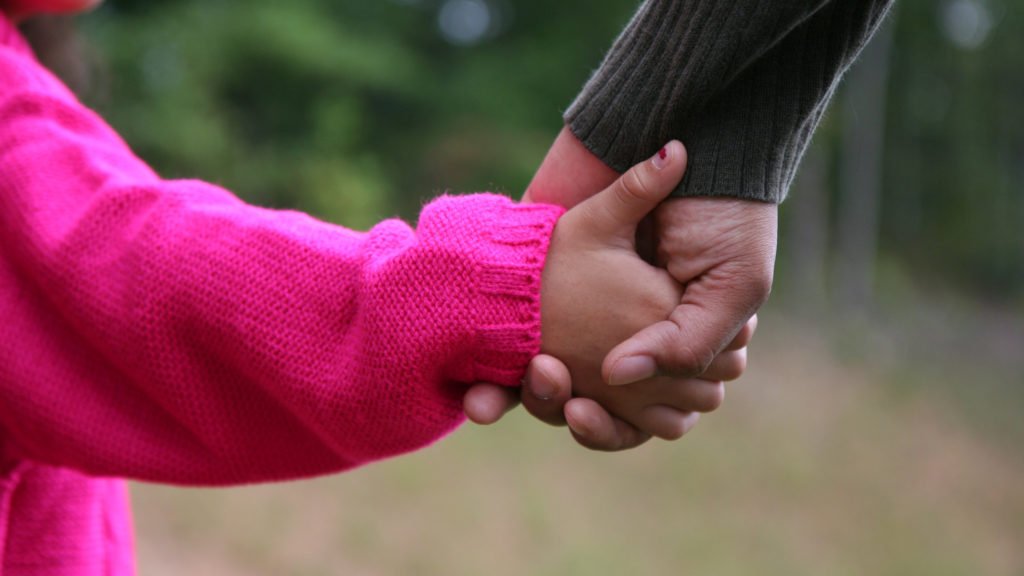
According to the UN, as of the end of 2019, 30-34 million children are displaced worldwide. So many children are separated from their parents and their homes daily because of war, violence, prosecution, and natural disasters. When these children get to the US, they are taken in despite their race or religion. In America, these children are allowed to grow up healthy and with their rights being protected.
Every child has a different story, a different experience. The journey they took to get to the US is not always the easiest. But once there, they need to be placed into a family again. There are so many services dedicated to foster care placement, and you can visit any of them to foster a refugee child.
Requirements for Being a Foster Parent
Being a foster parent is a challenging job, and one must be ready financially, physically, emotionally, and mature enough to do so. It involves opening your home and family to another individual. It is even more complicated when you foster a refugee child as they have had a problematic past and need extra care and support.
In the US, the following are some of the requirements by law to become a foster parent.
- Must be of age. You cannot legally become a foster parent when you are a child. You must have attained age 18 to be considered, and in most states, you must be at least 21 years. Despite this age factor, you should consider your maturity and ability to be a parent as age doesn’t make you a parent.
- Have a consistent monthly income. You do not have to receive a six-figure monthly check for you to be a foster parent. As long as you can provide for the child’s needs, including a decent roof over their heads, you qualify as one.
- Pass a criminal background check. You are required by law to pass a criminal background check to be considered. No state will not want to give a child into your care if you have a questionable background, especially if it is discovered you committed crimes against children or have violent tendencies.
The Process of Fostering a Refugee Child
The process of fostering a refugee child differs from the standard adoption process, and various institutions have unique processes. But the process is as follows;
- Learn about becoming a foster parent to a refugee child through various immigration institutions. They will give you the direction of the process at their institution.
- Be a licensed foster parent. You will be required to apply and be approved as being fit to foster a child.
- Get specialised training. If you are not a parent but still want to foster a child, you can undergo specialised parenting training to equip yourself with the right skills.
Role of Foster Parents
Being a foster parent to a refugee child is not that different to being a parent. You receive an extra challenge as a parent. Your role as a parent is the main task you have in the life of a foster refugee child.
Caring for a refugee child involves the following additional roles;
- Be willing to learn your foster child’s culture and incorporate it into your family. This will strengthen the bond between the child, yourself and family. This will also help the child to feel at home and part of the family.
- Be emotionally available for him/her. The child might be reserved because of their past experiences, and it is your duty to help them open up. Opening up will also help them build meaningful and long-lasting relationships. The experiences they have had to go through at such a young age are not ones even an adult should ever have to go through. They are filled with trauma, fear and paranoia, which one can easily trigger.
- You need to have a passion as a caregiver. This involves being patient with the child and willing to invest in the child’s future. Meeting their needs, taking them to various extracurricular activities, and being their support system.
Conclusion
Deciding to foster a refugee child is a noble decision. It is not easy to open your home to a stranger and give them unconditional love, care and support. If you consider providing a refugee child with a home and a family they can grow into, you can contact the nearest refugee institution close to you to get guidance. The journey to fostering is not easy, but it is worth it.








